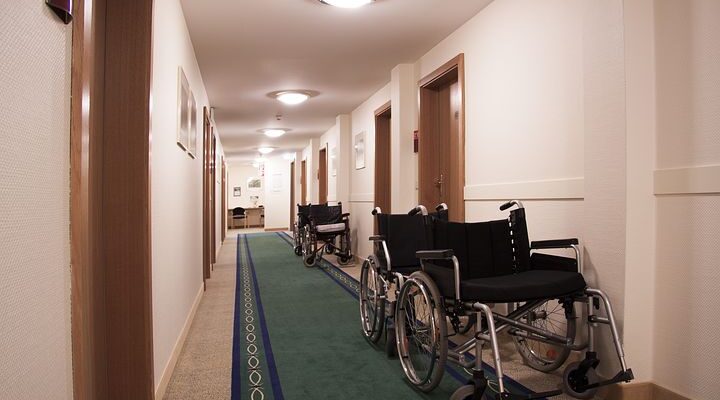A new report recently published by New York Attorney General Letitia James suggests that Governor Andrew Cuomo’s executive order providing certain Covid-19 immunity provisions for nursing home and other healthcare providers may have incentivized nursing homes “to make financially-motivated decisions” that may have resulted in harm.
According to the Office of the Attorney General’s (OAG) report, the April 6th, 2020 executive order provided immunity to “to health care professionals from potential liability arising from certain decisions, actions and/or omissions related to the care of individuals during the COVID-19 pandemic retroactive to Governor Cuomo’s initial emergency declaration on March 7.” The statute excluded harm or damages “caused by an act or omission constituting willful or intentional criminal misconduct, gross negligence, reckless misconduct, or intentional infliction of harm,” but the OAG notes that this section contains a loophole in which acts, omissions, or decisions “resulting from a resource or staffing shortage” were not included in the carveout.
As the OAG goes on to observe, the executive order does not specify whether resource or staffing shortages are determined according to a nursing home’s conditions before the pandemic started or afterward, which could be a crucial distinction given that “pre-pandemic staffing shortages are associated with deaths from COVID-19.” The OAG report goes on to state its objection to any interpretation of the executive order as “providing blanket immunity for harm to residents other than intentional harm.”
Elaborating on the possible incentive for nursing homes to make financially motivated decisions as a result of this executive order, the OAG notes that admissions decisions at nursing homes are functionally staffing decisions, because nursing homes need adequate employee levels to care for residents: “When a for-profit nursing home has an empty bed,” the report states, “it has a financial motivation to increase its census by admitting residents in order to obtain the daily rate of reimbursement offered by the resident’s payor—Medicaid, Medicare, other federal health insurance, or private insurance.”
When the pandemic began, nursing homes saw an increase in empty beds as residents passed away or left the facilities for their families’ homes or hospitals. At the same time, nursing homes experienced staffing shortages as employees fell ill with Covid-19 and had to quarantine, meaning nursing homes had less resources to care for their residents. Still, the OAG’s investigations showed that nursing homes “took a variety of approaches to decisions to admit residents during the COVID-19 pandemic, even as they were experiencing staffing shortages due to staff illness from, or otherwise inability to work due to, COVID-19.”
Some of these admissions decisions “were affected to varying degrees by financial motives”: in one instances, a nonprofit nursing home halted admission because they didn’t have sufficient staff; in another, managers at a for-profit nursing home alleged “that as of the end of April, the facility continued to accept new residents despite ongoing staffing difficulties, having nine out of 126 residents who tested positive for COVID-19, five residents dying from confirmed COVID-19, and five staff testing positive for COVID-19.” The OAG goes on to characterize more broadly a “pressure” faced by some for-profit nursing homes to admit more residents to meet census goals even in the absence of adequate staffing, like one whose owners wanted the administrator to admit more residents from a hospital even though the administrator said that every such admission “was a patient who was ‘COVID positive.’”
The New York Attorney General Office’s report on nursing home Covid-19 practices can be found here.
The attorneys at the Law Offices of Thomas L. Gallivan, PLLC work diligently to protect the rights of nursing home residents. Please contact us to discuss in the event you have a potential case involving neglect or abuse.




